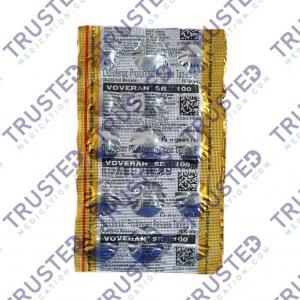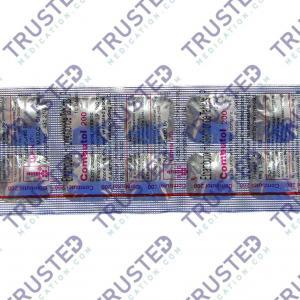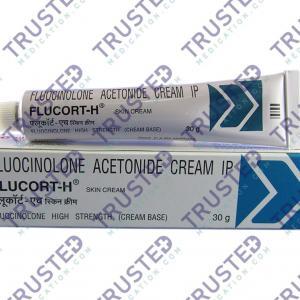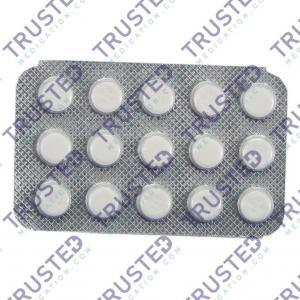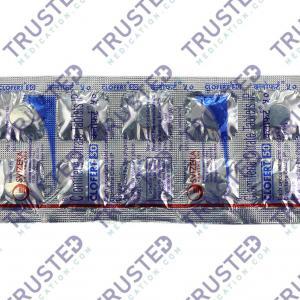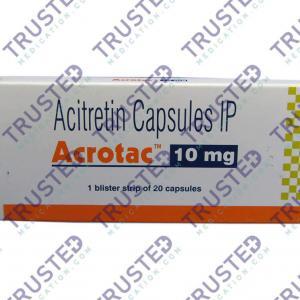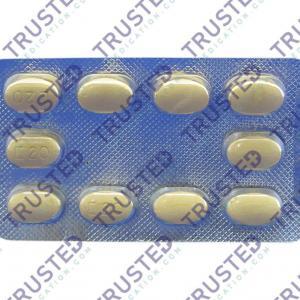
Psoriatic arthritis is a type of arthritis that affects some people who have psoriasis. Joint pain, stiffness, and swellings are this condition’s main signs and symptoms. There is no cure for psoriatic arthritis. Treatment is aimed at controlling symptoms and preventing joint damage. Without treatment, psoriatic arthritis can be disabling.
What is Psoriatic Arthritis?

Psoriatic arthritis affects some people with the skin condition psoriasis. It typically causes affected joints to become swollen, stiff, and painful. Like psoriasis, this arthritis is a long-term condition that worsens progressively. If it’s severe, the joints may become permanently damaged or deformed, and surgery may be needed.
However, if it is diagnosed and treated early, its progression can be slowed down, and permanent joint damage can be minimized or prevented.
Symptoms of Psoriatic Arthritis
Symptoms of Psoriatic Arthritis can range from mild to severe. Symptoms also depend on the type you have.
General symptoms of may include:
- Morning stiffness
- Swollen fingers and toes
- Swollen, tender joints on one or both sides of your body
- Painful muscles and tendons
- Fatigue
- Scaly skin patches, which may get worse when joint pain flares up
- Flaky scalp
- Nail pitting
- Eye pain (uveitis)
- Separation of your nail from the nail bed
- Eye redness
You can also experience the following symptoms:
- Spinal pain and stiffness
- Pain, swelling, and weakness in your elbow, hands, hips, knees, ankles, feet, and wrists
Causes of Psoriatic Arthritis
Psoriatic arthritis has no known cause. Scientists believe that it is caused by a combination of genetic (hereditary) and environmental factors. In addition, immune system problems, infections, obesity, and physical trauma may contribute to the development of the disease. There is no infection or contagious nature to psoriasis itself.
Researchers have found that people with this kind arthritis have higher tumor necrosis factor levels in their joints and affected skin areas. This arthritis is associated with increased levels of inflammation, which overwhelms the immune system.
Risk Factors and Triggers
Several risk factors are linked with psoriatic arthritis:
- Family History: People with a family history of psoriasis or psoriatic arthritis are more likely to develop the conditions than those without.
- Age: People between the ages of 30 to 50 years are most likely to develop the condition.
- Medical History: Having psoriasis is a crucial risk factor for psoriatic arthritis. In most cases, people develop the condition after developing the skin symptoms of psoriasis. However, it is also possible for psoriatic arthritis to develop before any skin lesions occur, which makes it an accurate diagnosis challenging to establish.
The period during which symptoms get worse is called a flare. Flares often have a specific environmental trigger. Common triggers include:
- Drinking too much alcohol
- Taking certain medications
- Exposure to cigarette smoke
- Cold weather
- Infections or skin wounds
- Severe stress
Treatment for Psoriatic Arthritis
There are many treatment options for psoriatic arthritis. A treatment plan often includes several of the following:
- Medicine
- Patient Education
- Exercise and rest
- Therapy (physical, occupational, massage)
- Devices to protect joints
- Surgery
Recommended medication:
- Leflunomide – is approved by the Food and Drug Administration for treating psoriatic arthritis. It reduces the pain due to arthritis and will help you perform your daily task.
Lifestyle and Home Remedies
- Protect your joints. Changing how you do everyday tasks can change how you feel.
- Maintain a healthy weight. This places less strain on your joints, leading to reduced pain and increased energy and mobility. Losing weight if needed can also help your medications work better.
- Exercise can help keep your joints flexible and your muscles strong.
- Smoking is associated with a higher risk of developing psoriasis and with more-severe symptoms of psoriasis. Stop smoking.
- Limit alcohol use. Alcohol can lessen the effectiveness of your treatment and increase side effects from some medications.
- Pace yourself. Fighting pain and inflammation can leave you exhausted. Also, some arthritis medications can cause fatigue. Divide exercise or work activities into short segments. Find time to relax throughout the day.

